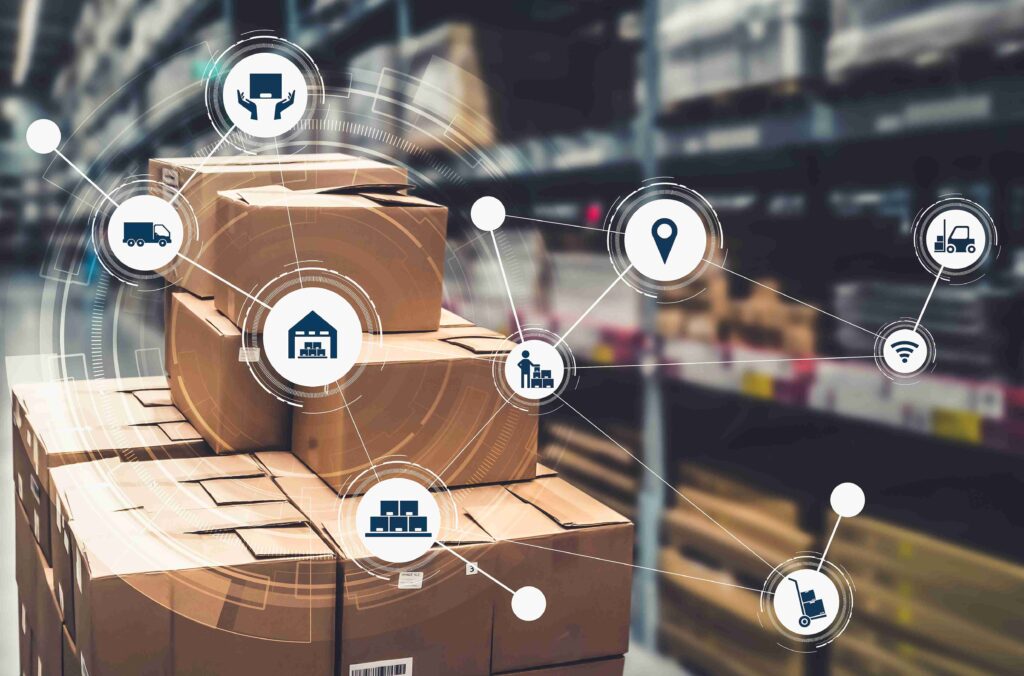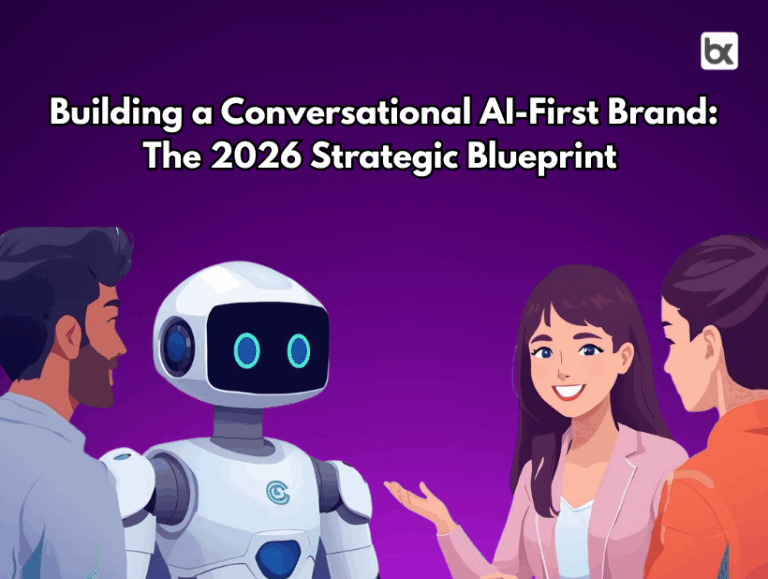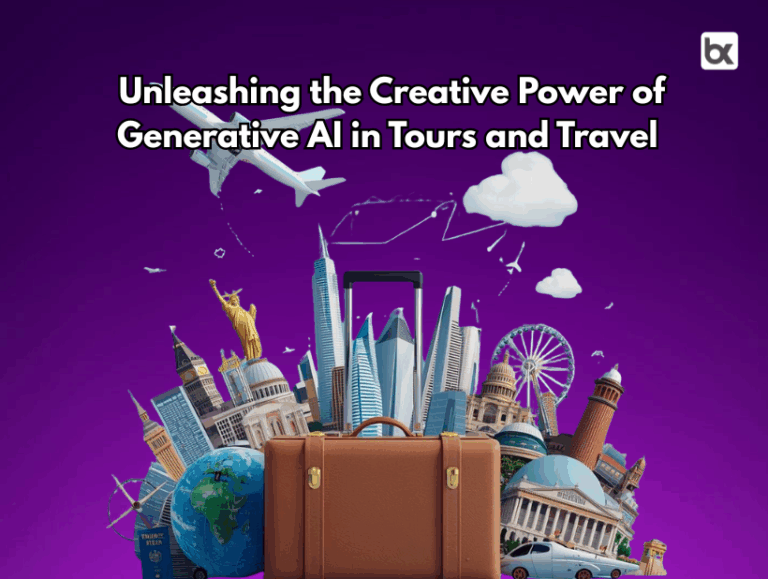AI in Ecommerce: Top AI Tools for Ecommerce Growth and ROI

How to Use AI in Ecommerce to Boost ROI
The world of online retail is getting smarter every day, and the businesses leading in revenue growth all have one thing in common. They use AI in ecommerce not only to automate tasks but to increase profit per visitor, reduce cart abandonment, and personalize every customer interaction. AI is no longer just a futuristic concept. It is a working tool that drives real sales impact when applied strategically.
Modern shoppers expect brands to understand what they want, respond instantly, and recommend products that match their needs. This is exactly where AI creates a performance lift across every touchpoint in the ecommerce journey.

The Reasons AI is Emerging as a Revenue Engine for Ecommerce
Data is being generated from every click, and every view and scroll within an online store. Retailers can now utilize AI in ecommerce and dramatically change that data into decision-making for profit. Rather than conveying a simple message over marketing products in a static way, retailer ecommerce stores are applying intelligent technology to purposefully address offers, questions, and customer intent approaches prior to a purchase.
This is important for online stores that are seeking to scale without increasing cost structure, as AI enables the ability to realize one thousand customers all directly at once, in real time, without having to deploy additional resources or complex development.

Top Approaches to Leveraging AI in Ecommerce for Improving ROI
Personalized Product Recommendations
An impactful way that AI is being utilized in ecommerce is through recommendation engines. These solutions will analyze browsing behavior and purchase history to provide users with the most pertinent products. Personalization like this often raises average order value by converting scope into active transactions.
Smart Pricing and Demand Forecasting
AI will analyze market signals, competitor pricing, and inventory levels to deliver with optimal pricing strategy and will serve to lower the experience of over or under pricing – while still maintaining performance. The better ai tools for ecommerce will even provide insight toward making impact pricing adjustments as demand moves in the moment.
Predictive Upselling and Cross Selling
Instead of simply showing random upsells, AI serves the realization of the product the customer is most likely to purchase complementary to the initial product in view. This serves to expand revenue per transaction without compromising customer satisfaction and does not create unnecessary tension of focus on a product cost vs the potential value to the experience of service/business.
Optimizing Inventory available with AI in ecommerce
Inventory management can be the determinant of profitability, and ecommerce ai tools can provide accurate forecasting toward demand and management of stock to deter either stocking out of inventory, or flooding stockers with inventory. Further aiding and improving singularly and collectively cash balances within a business while also going with the grain of customer experience with access to speed and no hitches delivery.
Automatic Ongoing Response with a Chatbot in Ecommerce
Instant responses matter. A chatbot in ecommerce setup can assist users with product questions, track orders, and guide checkout decisions instantly. Instead of waiting for email replies or human agents, shoppers get real-time interaction, which boosts trust and conversions.

Benefits of AI Tools for Ecommerce Stores
When configured strategically, ai tools for ecommerce provide measurable results. Here are the key benefits:
- Higher conversion rates due to personalized journeys
- Reduced manual workload for support and sales teams
- Smarter marketing campaigns driven by behavior analysis
- Improved customer loyalty through data-driven engagement
- Lower cart abandonment thanks to proactive AI assistance
With intelligent automation, even small ecommerce stores can operate large-scale brands with advanced customer experience systems.

Brands Already Succeeding with Ecommerce AI Tools
Prominent ecommerce brands are utilizing artificial intelligence retail strategies to surpass their competitors. The recommendation engine on Amazon is responsible for a significant amount of revenue. Sephora uses AI chat to assist customers in finding beauty products based on their skin type and preferences. Smaller direct-to-consumer brands are beginning to implement similar systems through ecommerce AI tools that are cost-effective and don’t require coding.
This shows that AI is not just for big-tech companies. It is available and profitable for businesses of all sizes.

How to Implement AI in Ecommerce When You Don’t Have a Big Budget
There is no requirement to hire an entire development team to implement AI in ecommerce. No-code platforms allow retail teams to implement smart recommended product flows, dynamic pricing alerts, and chatbot in ecommerce experiences without writing any code.
You can start with one high-impact use case, such as recovering abandoned shopping carts, or using AI to guide customers to product suggestions. From there, you can dig into more advanced automation, such as inventory forecasting or automated loyalty flows generated by AI.
Botxpert: a plug and play way in the chatbot industry.
If you’re looking for all these features in one place, botxpert is the best platform for you.
Botxpert gives you a ready to launch model through its pre-built models and if you’re looking to customize as per your business requirements, you’re allowed to do so. Just create a chatbot from scratch and plug in your knowledge base, and you’re ready to go live. An AI chatbot which gives answers as per your business model through the data you feed it. Get personalized responses through LLM models used in botxpert which are accurate rather than static FAQ bots which only answer pre-determined questions.
Botxpert AI in Ecommerce helps you:
- Deploy a chatbot in ecommerce without coding
- Recover abandoned carts through timely AI prompts
- Recommend products like a digital sales assistant
- Connect chat data with marketing and CRM tools
- Provide real-time support that feels personalized
Conclusion
The future of online selling belongs to businesses that use AI in ecommerce to create personalized, profitable, and scalable customer journeys. Whether you want to increase conversions, recover lost sales, or deliver guided experiences, AI in ecommerce offers practical tools that deliver measurable ROI when used correctly. Start small, automate smartly, and scale with data-backed precision.
Start for free. Launch in minutes. Let your website talk.
Try botxpert today and build your ideal website chatbot.
check out our other blogs to know more. blogs.botxpert


